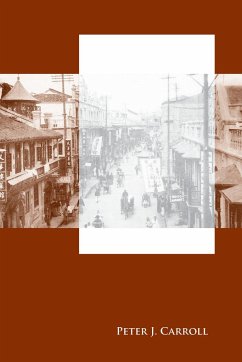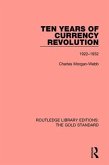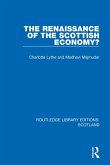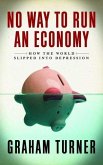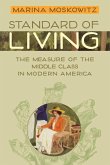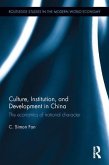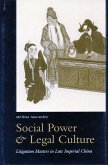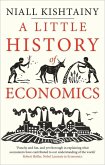"In this engrossing cultural history, Peter Carroll has taken on quite a few sacred cows from venerable historians who imagined an eternal Suzhou to the founder of Chinese architectural history. Other scholars have critiqued nationalistic history and Eurocentric definitions of modernity, but Carroll has gone one step further; taking as his analytic focus space in its discursive, symbolic, and material formations, he has redefined the grounds of writing modern Chinese history. Theoretically informed, meticulously researched and smartly written, this book will be read for both what he said and how he said it."--Dorothy Ko, Barnard College "This marvelously rich book describes the ways in which ideas of "tradition" and "modernity" are mapped onto symbolic spaces, such as historical sites (whose presence and preservation are re-imagined as essential to a modern republic) and new roads (intended for industry, but instead co-opted by decadent leisure practices). As the author shows us, in early twentieth-century Suzhou, "tradition" became an object of consumption, while the much sought after "modernity" proved chimerical and multifarious. The author is to be commended for his attention to contradiction, paradox, and irony, as well as his deft use of primary sources."--Tobie Meyer-Fong, Johns Hopkins University and author of Building Culture in Early Qing Yangzhou (Stanford University Press, 2003)
Hinweis: Dieser Artikel kann nur an eine deutsche Lieferadresse ausgeliefert werden.
Hinweis: Dieser Artikel kann nur an eine deutsche Lieferadresse ausgeliefert werden.

